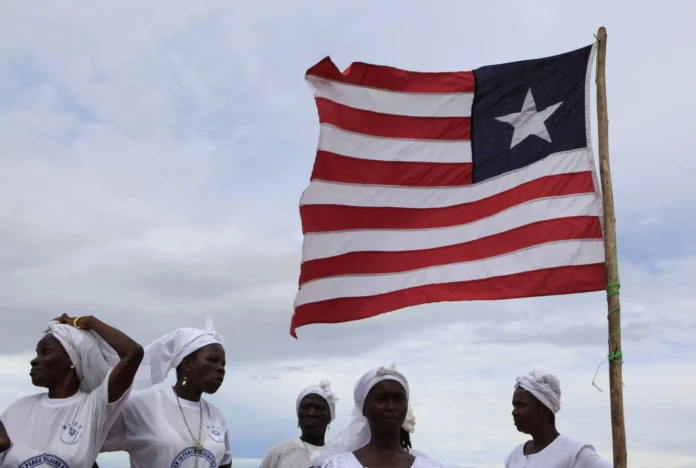Liberia occupies a unique space in African history. Unlike its neighbors, it emerged not from European colonialism, but as a haven for freed African-Americans. Founded in 1821 by the American Colonization Society, Liberia became a beacon of hope, offering a chance for a new life to those who had endured the horrors of slavery.
The Society’s vision was to create a homeland for freed slaves, a place where they could govern themselves and determine their own destiny. This dream materialized in 1847 when Liberia declared independence, becoming Africa’s first republic. The capital, named Monrovia after U.S. President James Monroe, served as a potent symbol of this new beginning.
Liberia’s history is complex and hasn’t been without its challenges. Despite its unique origin story, tensions arose between the Americo-Liberians, descendants of the freed slaves, and the indigenous populations. However, Liberia’s establishment as an independent Black nation remains a significant milestone on the continent.
This article serves as a starting point for exploring Liberia’s rich history. Further research can delve deeper into the American Colonization Society’s motivations, the experiences of the early settlers, and the ongoing process of national identity formation in Liberia.







